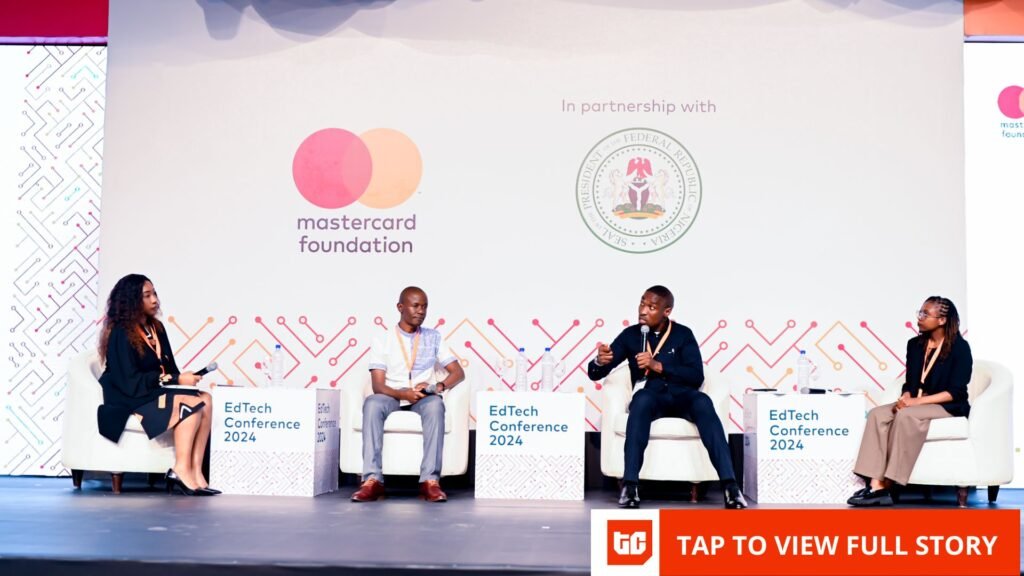Just 1.4%. That’s how much of the continent’s venture capital (VC) funding has been secured by EdTech startups in 2023. The sharp decline from the funding peak in 2021 has left founders facing a harsh reality: smaller deal sizes and a lack of exits. The issue was a central focus during a panel discussion at the Mastercard Foundation’s EdTech conference in Abuja.
The funding dearth is in line with broader trends in the venture capital world: investors burned by inflated valuations in the past are writing checks less, and big EdTech deals are no longer happening. Data from Disrupt Africa backs up this shift, with not a single EdTech company securing a venture round of more than $100 million in 2023, in contrast to similar deals witnessed on the continent in 2021.
“It’s virtually impossible for edtech startups to secure an exit,” said Isaac Nyorongo, co-founder and CEO of Kenyan edtech startup Zeraki. “If you raise money from angel investors,s For network companies, valuations will be lower, lower than companies in more mature sectors.”
Boasting over 200 startups, Africa’s EdTech sector is still in its infancy. Funding, a key driver of growth, remains a major obstacle. Deal sizes are generally small with only one exit recorded: Middle Eastern EdTech startup Baim acquiring Egyptian EdTech company Orcas for an undisclosed amount. With VC funding drying up, EdTech startups are now relying on grants.
Challenges limiting funding for EdTech in Africa can be linked to a lack of infrastructure, according to the 2023 UNESCO report. Other challenges include slow internet speeds, high data costs and low smartphone penetration.
“Broadband, mobile penetration and electricity are major challenges to increasing funding for edtech,” said Tochukwu Ezukwu, regional director at the African Venture Philanthropy Alliance (AVPA). “In Nigeria, universal access to electricity is 53 percent, while in Ghana it is 72 percent, illustrating the clear competitive disadvantage some countries face.”
Ezukwu said another challenge for EdTech is the small deal sizes compared to its FinTech peers, which often attract more investment. All panelists agreed that EdTech needs “patient capital” and that investors must be willing to prioritize long-term impact over short-term profits.
The Mastercard Foundation is addressing the funding challenge by providing access to equity-free funding to growth-stage startups, primarily in Africa. To date, 144 EdTech startups have been supported through equity-free funding as part of the solution to raising venture capital.
“Sustainable business models are crucial,” says Ruth Wairimu, investment manager at impact investor Acumen Fund. “B2B models are more scalable than B2C models, especially given the limited disposable income in many parts of Africa.”
The consensus is that Africa’s EdTech sector is still in its infancy. “Foundations, family offices and grants are likely to play a key role in bridging the funding gap,” Wairimu concluded. EdTech has huge potential to transform education in Africa, but a significant increase in funding is needed to realize its full potential.

